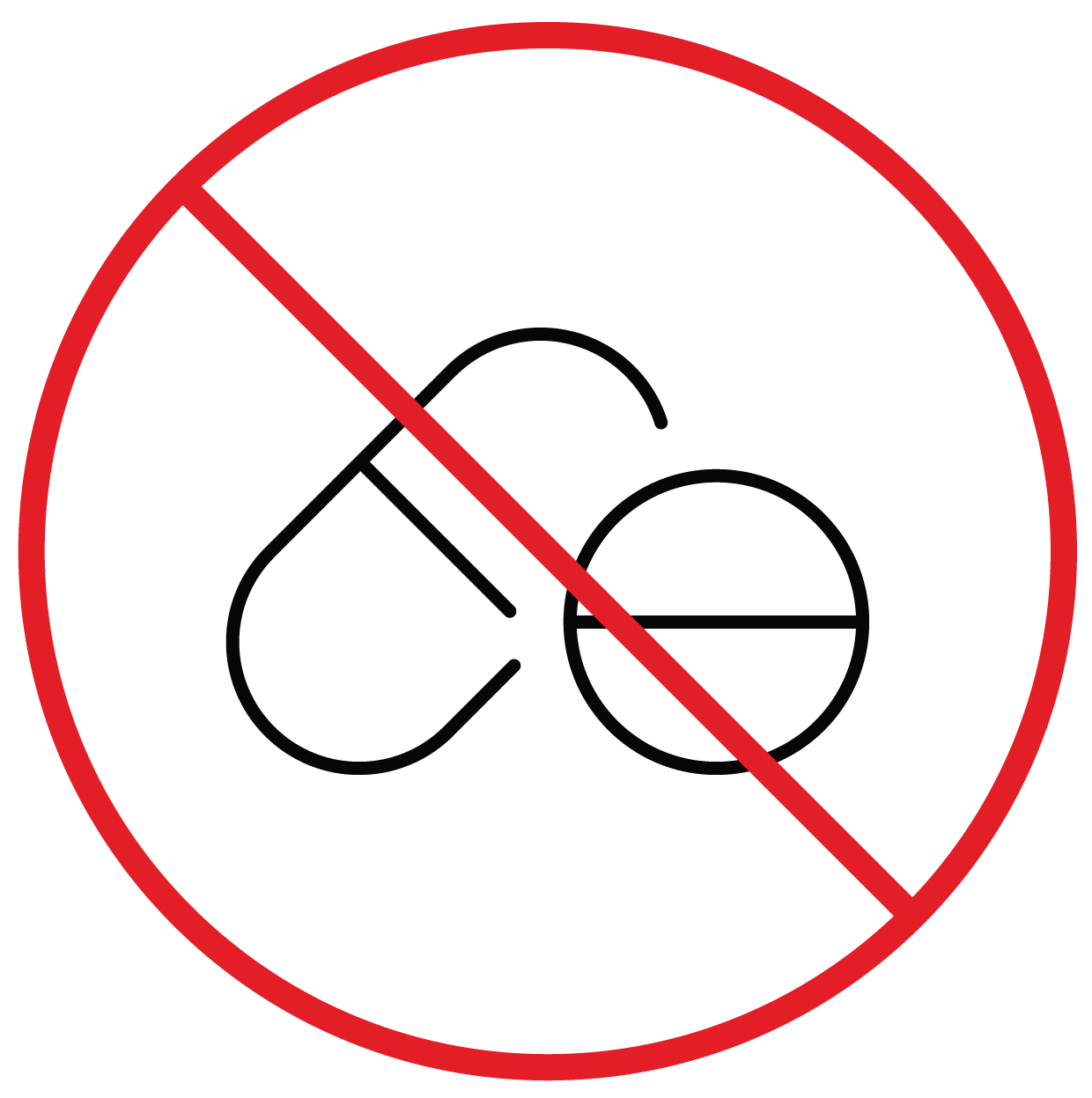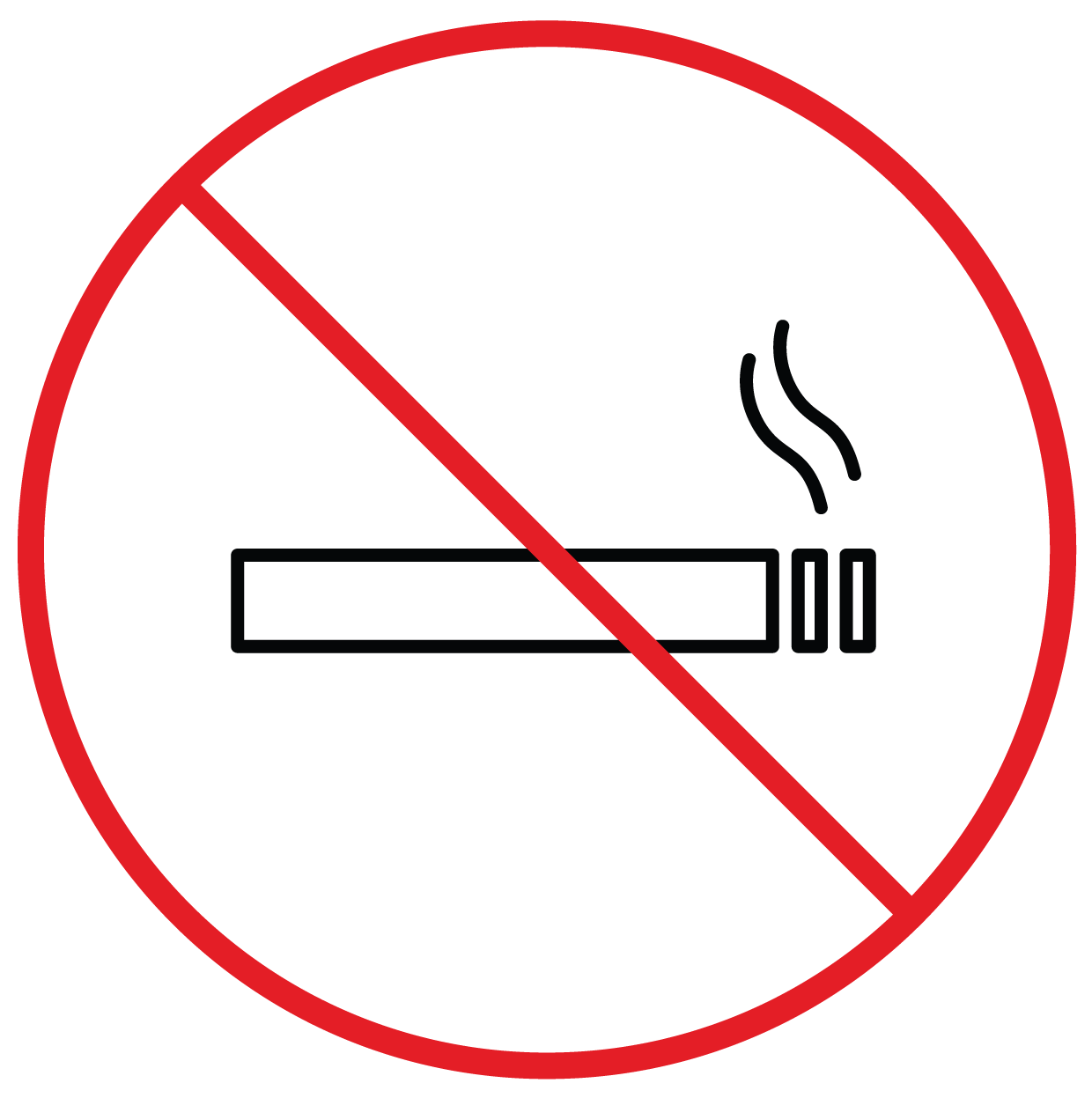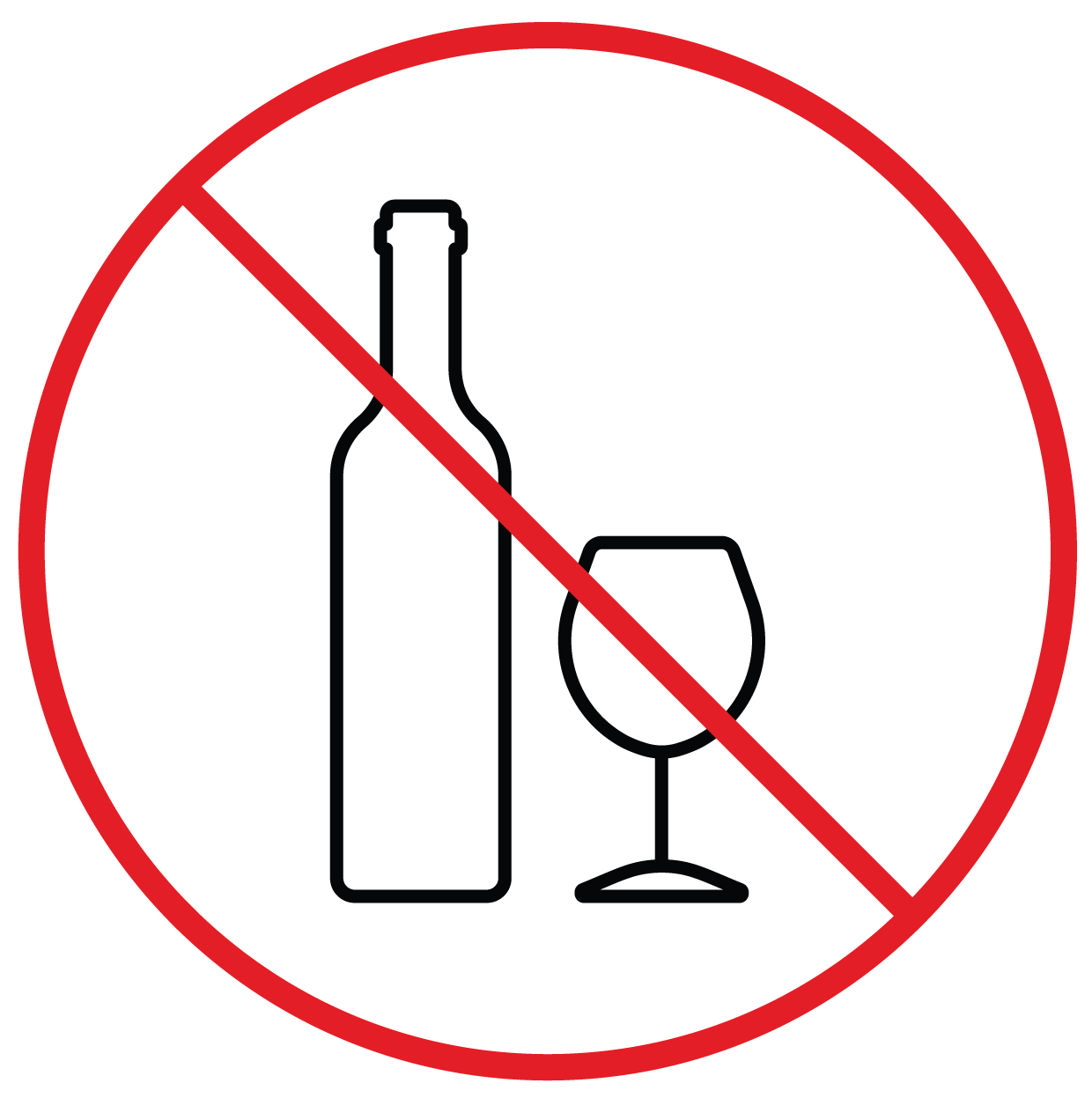Preparation for Intervention
The big moment has arrived!
You’ve seen your surgeon once or twice during clear consultations that have given you a good idea of the planned procedure. They have discussed the possible complications of surgery with you.
checklist
- Don’t forget to request time off work and suspend your gym membership.
- Before you leave, you will of course have a prescription tailored to your needs (bandages, painkillers).
- Also, plan for help at home for the next few days. This is especially important if you have children.
- Plan for loose clothing and easy-to-put-on shoes.
- Prepare a few pillows that will allow you to rest with your head elevated and knees bent if necessary. permettront de vous étendre la tête surélevée et les genoux pliés si nécessaire.
- Prepare a few light meals that are easy to reheat. You probably won’t feel like cooking when you return home.
- Leave some water bottles within your reach. They will be handy for taking your medication. On the day of admission, a shower and shampoo are advisable. For facial surgery, avoid wearing makeup.
- Upon admission, you will likely receive a pre-medication in the form of a tablet that will help you await the operation more comfortably.
After the procedure
After a procedure under general anesthesia, it is usual to have an intravenous drip. It contains the necessary products for post-operative monitoring and sedatives that will help improve your comfort.
Swelling, puffiness, and bruising in the operated areas are often present; they disappear in the weeks following. Appropriate prescriptions for painkillers will, of course, be given to you at the end of your stay.
Important notes

Medications
Avoid any aspirin-based medication two (2) weeks before your surgery as they can induce bleeding.
Here is a list of aspirin-based medications: Alka-Seltzer, Aancin, Antidol, Apo-Asen, Aspergum Asaphen, Asasantine, Children’s Aspirin, Extra-Strength Aspirin Tablets, Bayer Aspirin, Astrin, ASA, Bufferin, Coricidin D, Coryphen 325 or 650, Darvon Compound, Dristan, Entrophen 5, 10, and 15, Fiorinal, Frosst (217-222-292), Instantine, Kalmex, Midol, Nervine, Norgesic, Novasen, Percodan, Robaxisal.
Also, avoid taking anti-inflammatory medications: Indocid, Motrin, Naprosyn, Orudis, Voltaren.
When in doubt, consult your doctor or pharmacist. Some new products or other medications not listed here may also contain aspirin. You should check whether the medications you are taking contain aspirin or not.
Stop taking any cold medications before the operation.
However, you can safely take some medications such as: Atasol and Tylenol. They do not contain aspirin and can therefore be used to relieve pain. If you are taking antihypertensive or hypoglycemic drugs, inform your doctor.
You should also avoid any natural products, homeopathic remedies, garlic, or vitamins as although they are purely natural, they can induce bleeding or cause healing delays.

Cigarettes
The toxic substances contained in tobacco have a negative impact on blood circulation. Due to these substances, small blood vessels can narrow, leading to skin loss (necrosis) in the area where the surgery was performed. These substances can also affect healing, in addition to causing nausea, vomiting, and coughing upon waking, which increases the risk of bleeding after the operation. It is strongly advised to quit smoking for two to three weeks before and two weeks after the surgery. Nicotine substitutes (such as Nicorette or others) are also contraindicated during this period. They have the same harmful effect as cigarettes on blood circulation.

Alcohol
A mixture of alcohol and medication can cause unpredictable reactions. Therefore, no alcohol should be consumed for two weeks before and two weeks after the operation.
